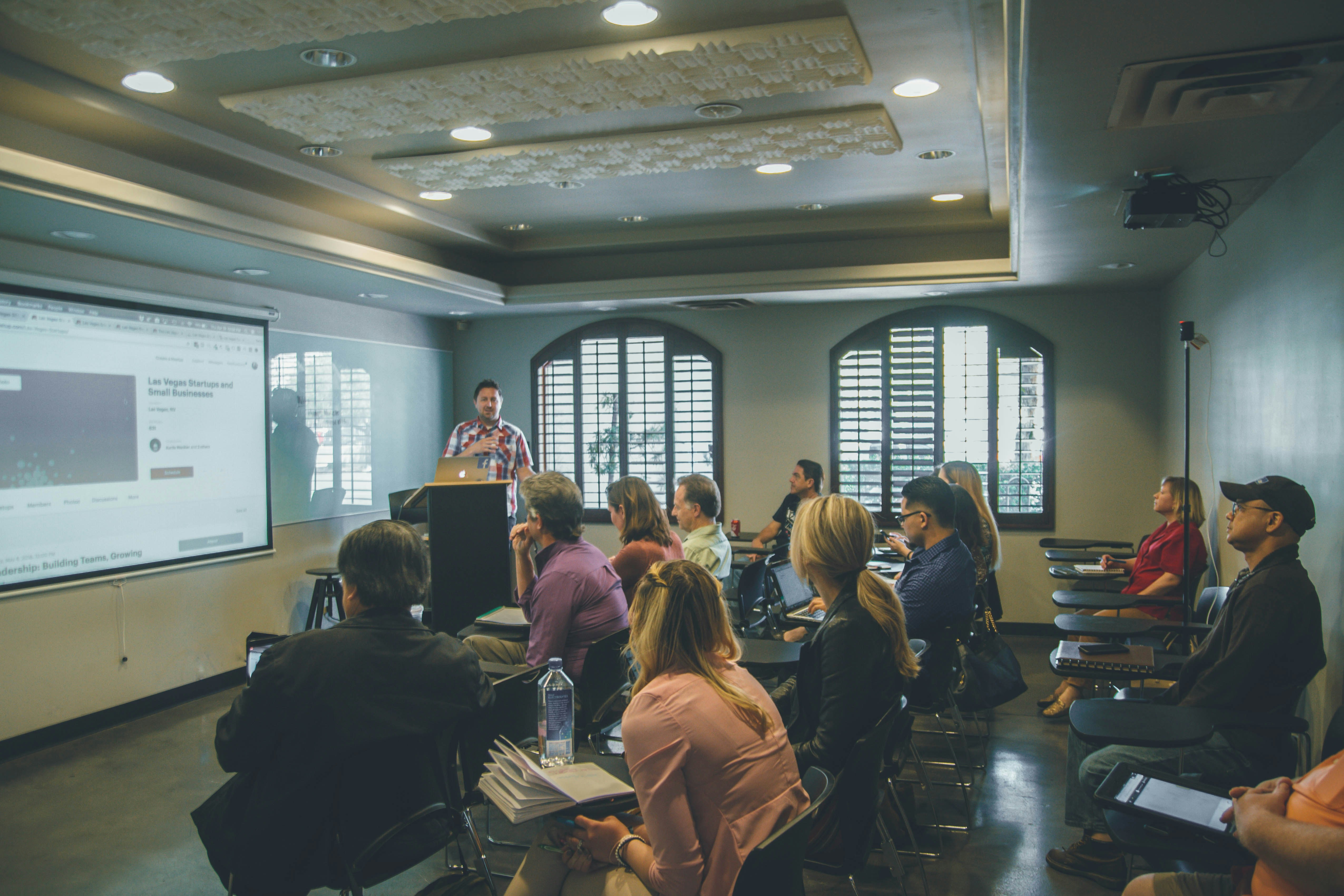The High School Counselor Shortage Problem

The American School Counselor Association (ASCA) recommends a ratio of 250 students to 1 counselor. Crazy, right? Consider what counselors do. Counselors provide academic counseling, social/emotional counseling, and college counseling. And they’re not dealing with robots. Each student is a unique individual with different needs and goals so this attention needs to be personalized. Imagine remembering even the names of 250 individuals who completely change every few years. Then imagine remembering details specific to each one of those people. Occupational goals, extracurriculars, weather preferences when it comes to choosing a college and so much more.
Now, what if each counselor has 400 students instead of 250? Even crazier, right? But this is the way it is now in the U.S. One school counselor is providing services for an average of 941 students in Arizona. In Virginia, each counselor has an average of 381 students, and in Florida, the number is 491 students. Yes, these are the actually student-to-school counselor ratios from 2013-14, according to the ASCA. Only three states (Wyoming, New Hampshire, and Vermont), fell below the 250 student to counselor ideal. Three years later it’s 2016 and there have still been no moves on the parts of states to hire the counselors they need to handle the workload. The data shows the nationwide average student-to-school-counselor ratio has increased to 491-to-1, from 482-to-1 the previous year.
Additionally, counselors write student recommendations for college applications.
Budget cuts have also forced some counselors to spend even less time with the increasing numbers of students and more time on other responsibilities, like handling discipline issues, supervising the cafeteria at lunch, or proctoring exams. With 491 students per counselor, imagine how hard it is for a public high school counselor to write a meaningful recommendation or help a student. No wonder students at public schools have a disadvantage when applying to a private university.
Students’ futures may depend on their counselor’s ability to maximize their potential for success following graduation. Ratios like this only hurt high school students, especially during the four years that are such a pivotal and vulnerable time. College counselors are often the primary source of information about college, and without their help many students end up at colleges that are the wrong fit for them, or they take the wrong classes, or never learn about scholarships and/or financial aid for which they may qualify. A number of students give up and never attend college. This helps no one and only costs us more in the end.
The college advisors at International College Counselors help students from all over the world find, apply to, and gain acceptance into the college of their dreams through a personal, one-on-one approach. To successfully navigate the college admissions process with an International College Counselors expert educational consultant, please visit http://www.internationalcollegecounselors.com.


